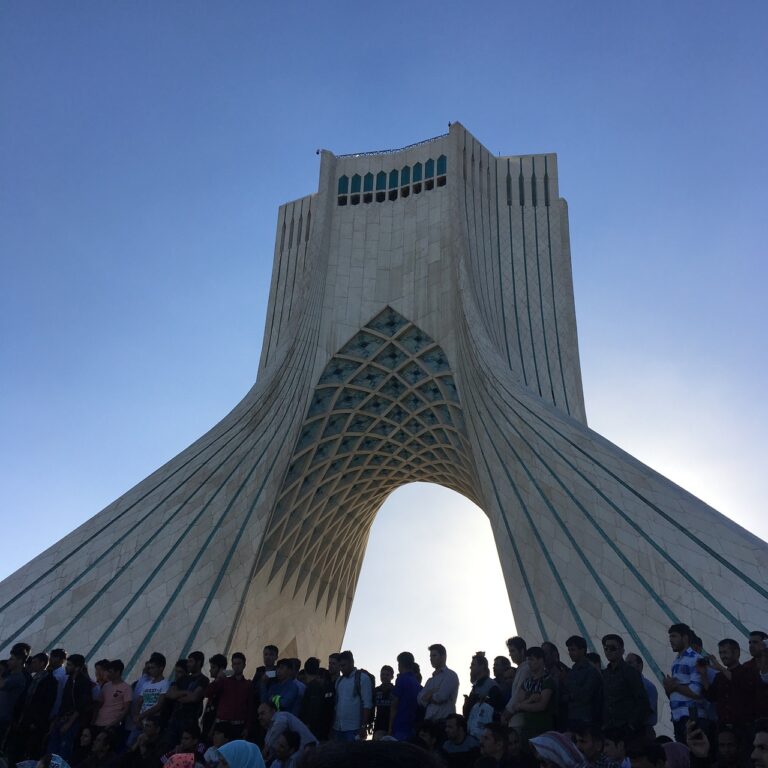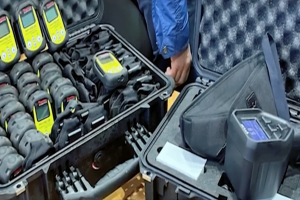
Kyiv/Vienna: The International Atomic Energy Agency (IAEA) has described the situation in Chornobyl’s Exclusion Zone in Ukraine as “uniquely challenging” in view of the conflict and the prevailing conditions following the 1986 accident in the Nuclear Plant there.
The IAEA disclosed today that Ukraine recently informed it that Chornobyl’s analytical laboratories for radiation monitoring were destroyed, and analytical instruments were stolen, broken or otherwise disabled.
The IAEA has delivered specialised equipment to Ukraine in the first major step in its technical assistance to help the country ensure the safety and security of its nuclear facilities during the ongoing conflict.
“This is just a first step. The IAEA will be sending more equipment as we continue our assistance to Ukraine in the coming weeks and months,” Carlos Torres Vidal, Director of the IAEA Incident and Emergency Centre, said.
Included in the batch of equipment are personal radiation detectors to detect and monitor radiation levels throughout the site. These robust and versatile personal radiation detectors are widely used by nuclear safety and security experts worldwide.
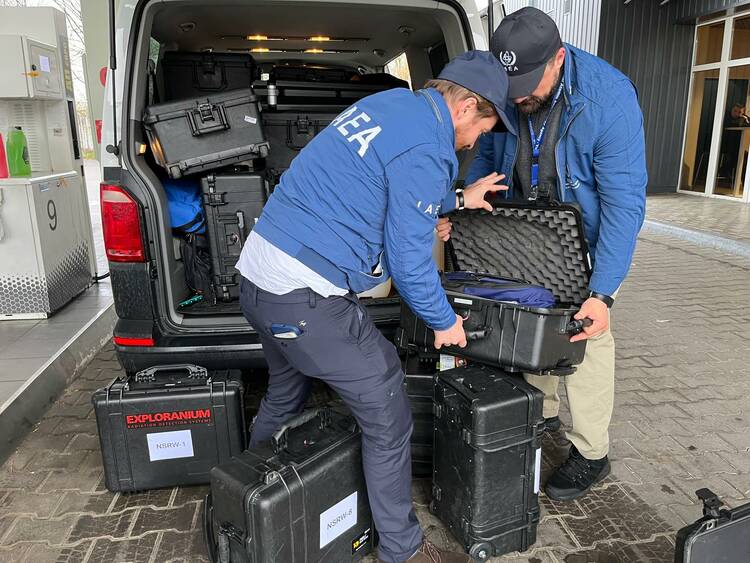
Responding to an earlier request from Ukraine for equipment, an IAEA team, headed by Director General Rafael Mariano Grossi, arrived at the Chornobyl Nuclear Power Plant yesterday to conduct radiological assessments and restore safeguards monitoring systems as well as deliver equipment such as radiation detectors, spectrometers and personal protective clothing.
“The equipment, under the guidance of our staff on the ground, can be operational within minutes and can immediately support the staff at Chornobyl to fulfil their nuclear safety and security tasks,” said Torres Vidal.
The IAEA team also handed over spectrometers which assess the level of radiation in the environment and provide a spectrum that is like a fingerprint identifying the type of radiation. This will help Chornobyl staff to assess the radiological situation at the site and the Exclusion Zone, spanning 30 kilometres around the plant.
Spectrometers carried in personal backpacks were provided to support extended surveying with GPS mapping capabilities. The backpack lets the user focus on walking safely around an area instead of looking at a screen and numbers. This is especially necessary for an area like the Exclusion Zone.
The IAEA’s presence in Chornobyl will be of paramount importance, the Chornobyl Nuclear Power Plant said in a statement. “We have been cooperating with the IAEA for many years in a row, and I am sure that now we will continue to have fruitful and successful cooperation,” said Acting Director-General Valeriy Seyda.
The IAEA assistance team also brought personal protective equipment from Vienna. Such protective garments provide protection against some types of radiation, as well as from radioactive contamination and inhalation, and therefore help to manage the risks posed to staff who due to the nature of their work are exposed to radiation.
In addition to nuclear safety and security assistance, IAEA safeguards staff travelled within the assistance team to Chornobyl this week to conduct on-site safeguards work. They will install equipment to reactivate remote data transmission from the monitoring systems installed at the Chornobyl plant.
Earlier on April 26, 2022, IAEA Director-General Rafael Mariano Grossi had arrived in Kyiv, heading an assistance mission to deliver vital equipment and conduct radiological and other assessments at the Chornobyl Nuclear Power Plant, which was held by Russian forces for five weeks before they withdrew on March 31, 2022.
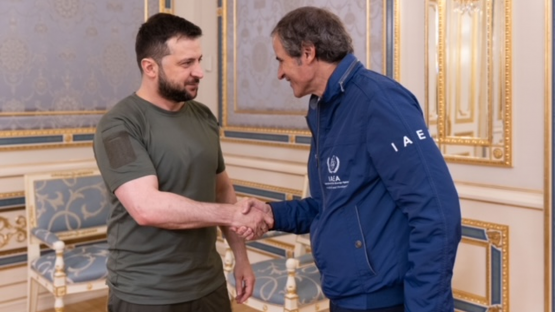
Grossi also met Ukraine’s President Volodymyr Oleksandrovych Zelenskyy yesterday evening after his visit to Chornobyl Nuclear Power Plant in the afternoon, where he delivered specialized safety security equipment to the site. He told Zelenskyy that the IAEA will continue to support Ukraine in ensuring the safety and security of its nuclear sites.
At the Nuclear Power Plant, the IAEA Director-General met the staff there and thanked them for their resilience and courage while under Russian occupation: “We do not only have respect for you we have admiration for you because you did exactly what you were expected to do. You showed professionalism, courage, and of course, patriotism. But you did the right thing so don’t worry, we are here, the IAEA is going to stay,” he told them.
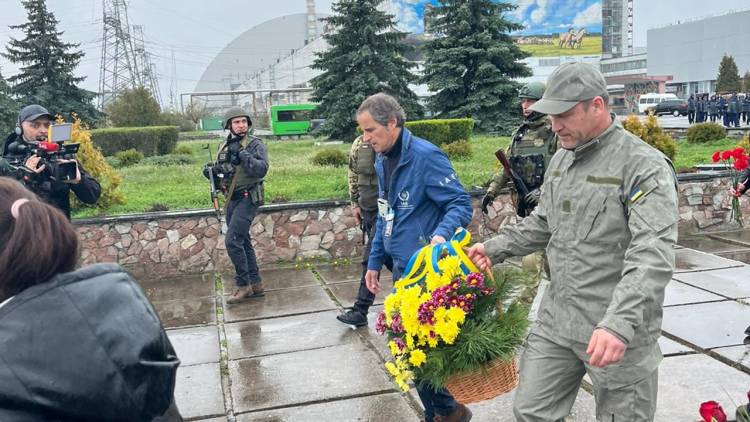
Grossi’s visit to Chornobyl coincided with the anniversary of the nuclear accident that occurred there on April 26, 1986. He paid tribute to the lives lost at the accident and laid a wreath of flowers at its memorial. “I’m here to pay respect to the victims of the nuclear accident and to all those who work tirelessly to rebuild and protect this place,” he said.
The 1986 accident is the most severe in nuclear power’s history and was caused by improper testing at low power, leading to a loss of control, an explosion and fire that demolished the reactor building and released large amounts of radiation into the atmosphere.
– global bihari bureau


